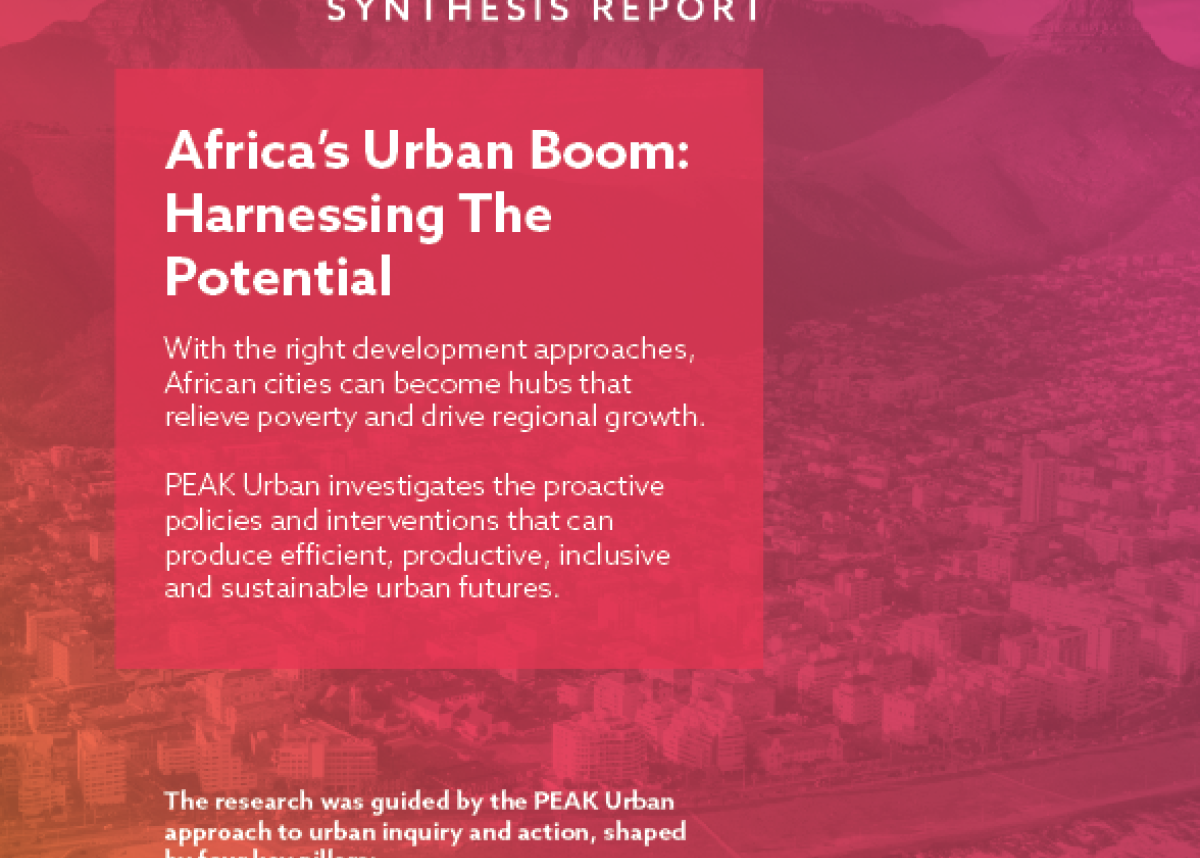
Urban inclusiveness, safety nets and social compacts in the time of a pandemic
Cities lie at the heart of the G20’s power and vitality.
Cities have been at the epicenter of the recent COVID crisis and hold the key to short and long term recovery and renewed prosperity.
Ensuring that all cities and all urban residents are safe and healthy is the foundation of a post COVID G20 agenda and this aligns with the overarching ambitions of the 2030 Agenda as well. An ambitious and innovative program of urban social inclusion is thus a G20 priority - alongside a city scale agenda for carbon neutrality and nature based urban innovation. Urban social inclusion rests on three pillars of action to restore and secure public health and prosperity.
The first pillar is, providing strong urban social safety nets and social protection to urban residents - not just in a crisis but also to prevent and recover from crises.
The second pillar is ensuring that all stakeholders are prepared to and able to work together in and out of times of crisis because there are robust governance practices, attitudes and mechanisms in place at the city scale and across the intergovernmental system that are able to support the urban partnerships and social cohesion necessary to make cities resilient.
The third pillar is government must protect the poor, vulnerable and marginal of the city rom discrimination and include them in all aspects of city life through targeted social inclusion programs. Collectively, implementing the three pillars of urban social inclusion not only ensure fair and inclusive cities, in alignment with the SDG, but will also reduce long term risks of disease and social unrest.
This paper sets out examples of how G20 cities are already working to enhance social inclusion across these three dimensions and proposes a social inclusion learning network hosted by the U20. Further, it provides recommendations on how to enhance urban social inclusion via action at the local, national and G20 scales are provided, with a strong emphasis on ensuring the enabling conditions of effective intergovernmental systems; fit for purpose local fiscal capacity and good sub national data are met.





